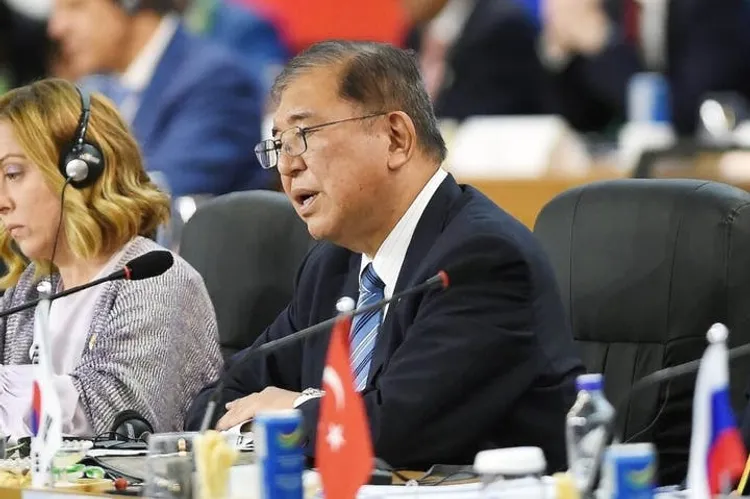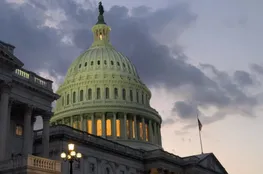Shigeru Ishiba, Japan’s Prime Minister, has stepped down following substantial election setbacks. This development comes at a pivotal moment for Japan’s economy, which ranks as the fourth-largest globally. Ruling Coalition Suffers Election Setbacks Ishiba announced his resignation on Sunday after the ruling coalition suffered significant parliamentary losses, according to Reuters. Ishiba, 68, cited the need to take responsibility for the election defeats, which were driven by public dissatisfaction over rising living costs. He has directed the Liberal Democratic Party (LDP) to hold an emergency leadership election and will continue his duties until a successor is chosen. The resignation of Shigeru Ishiba was anticipated following the coalition’s poor performance in the House of Councillors election, as noted by senior executives of the LDP in July. The decision was seen as inevitable, with rising discontent within party ranks.
Resignation Comes After Trade Deal With Trump The resignation follows a finalized trade agreement with the United States aimed at reducing tariffs imposed by President Donald Trump. Ishiba expressed hope that his successor will uphold the deal and address voter concerns over living costs. The landmark $550 billion trade deal with the United States, announced by President Trump, aimed to resolve tariff disputes that Ishiba had previously criticized as "truly regrettable." The trade agreement included provisions for Japan to import Ford F-150 trucks, amidst confusion over a 15% tariff timeline. The political shift in Japan could have significant implications for the execution of this trade deal and the country’s economic policies moving forward. Sanae Takaichi, Shinjiro Koizumi Among Potential Successors Potential successors include LDP veteran Sanae Takaichi and Shinjiro Koizumi, Ishiba’s farm minister. Takaichi’s stance on fiscal policy and interest rates could influence financial markets, according to Kazutaka Maeda of the Meiji Yasuda Research Institute, as reported by Reuters. Political uncertainty has already impacted Japan’s yen and government bonds, with further market reactions anticipated.
Nikkei Rises, Yen Slips After Japanese Prime Minister’s Exit The yen slipped 0.7% to 148.43 against the dollar in early trade, according to Reuters. The Nikkei climbed 1.52% to 43,671.97 at the time of writing.Photo Courtesy: A.PAES on Shutterstock.com Read Next: Austrian Group Questions Meta’s ‘Legitimate Interest' In Using EU Data For AI, Threatens Legal Action Over $200 Billion: ‘…Making Money Is More Important Than The Rights Of Its Users’ This story was generated using Benzinga Neuro and edited by Shivdeep Dhaliwal © 2025 Benzinga.com. Benzinga does not provide investment advice. All rights reserved.
























